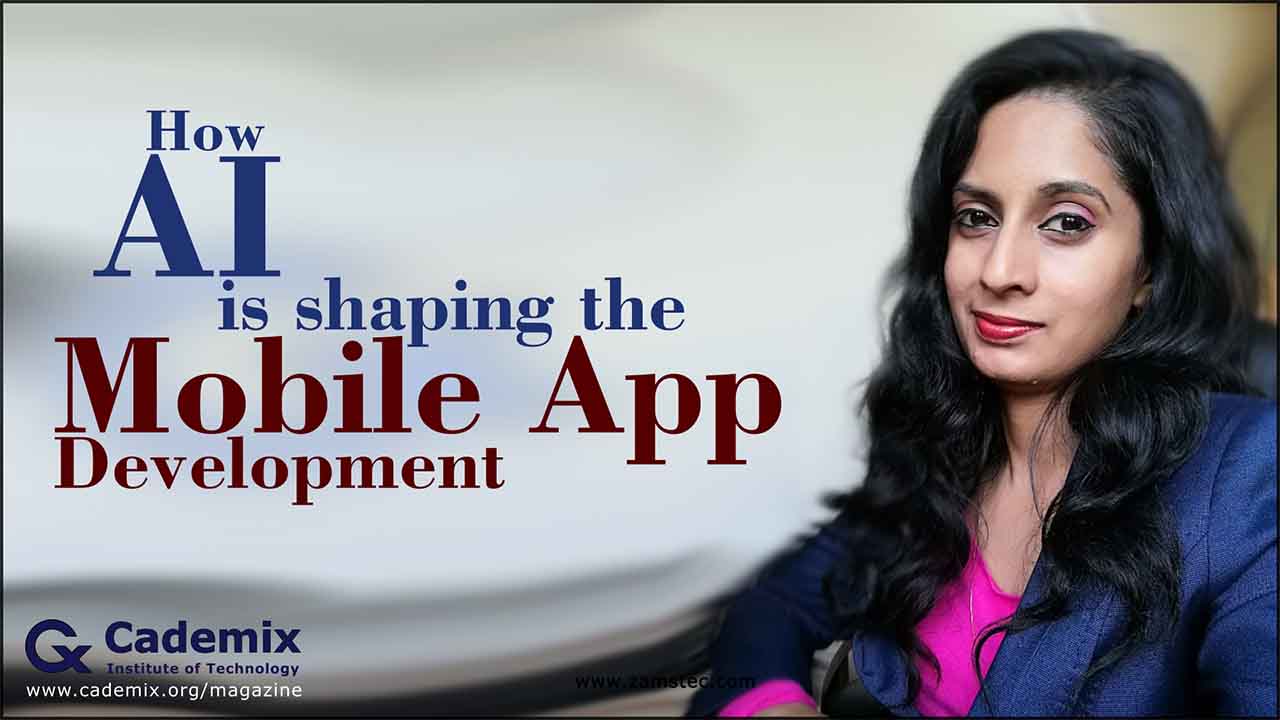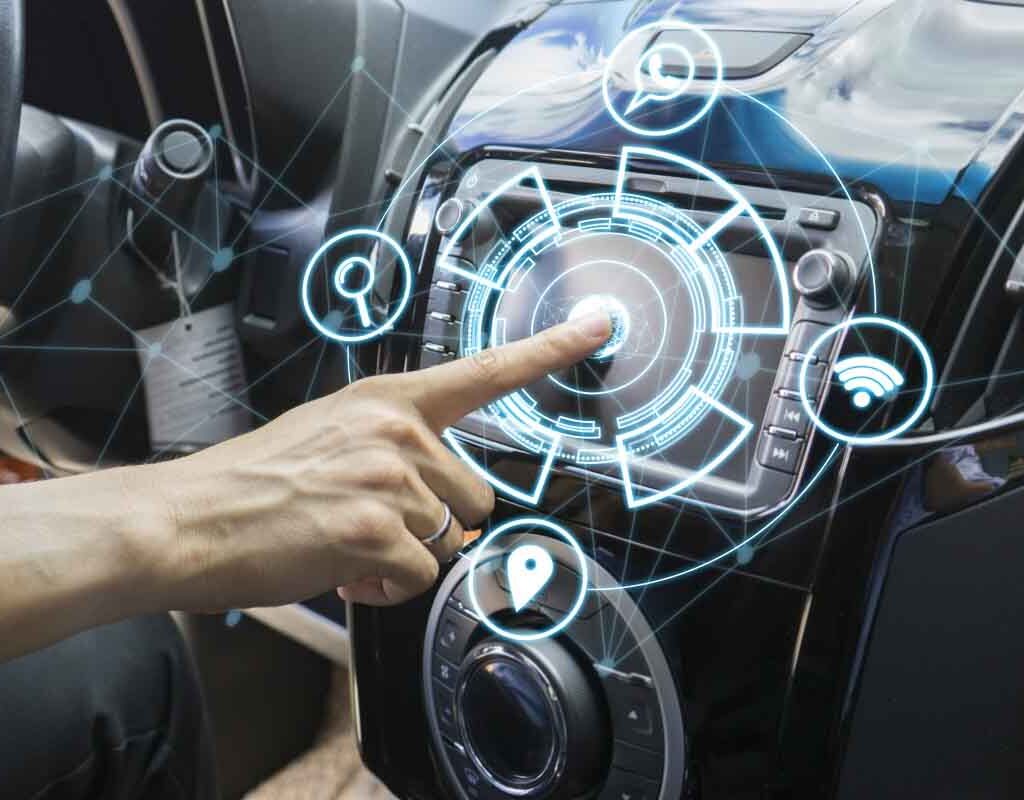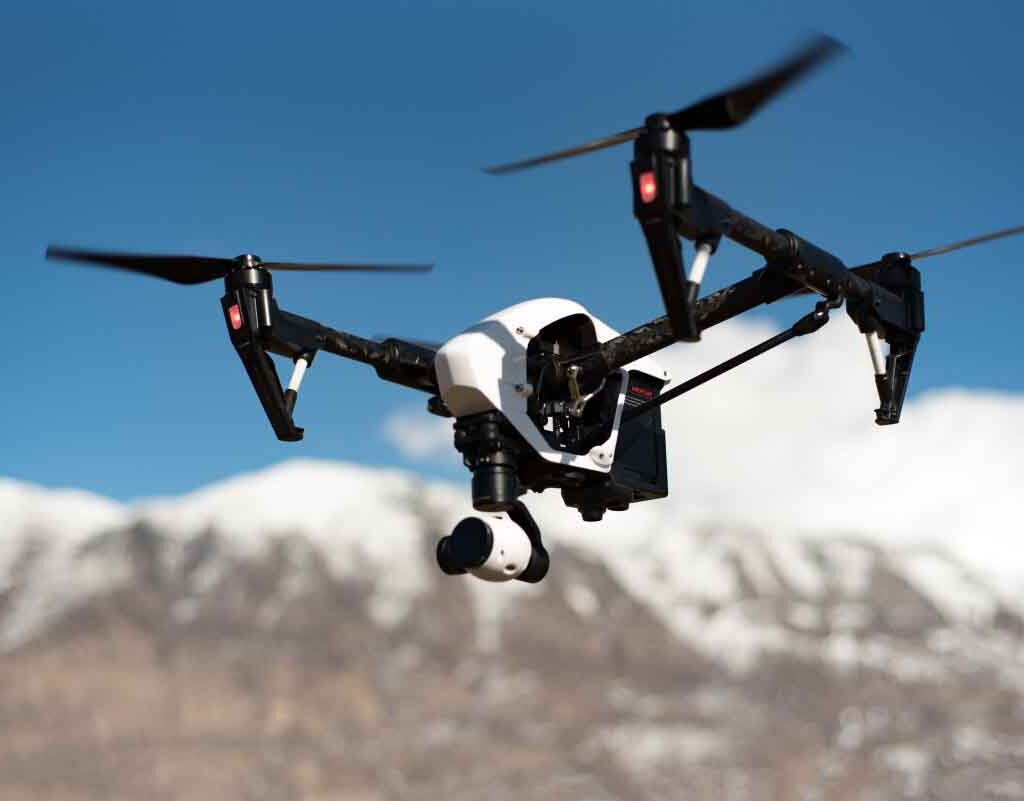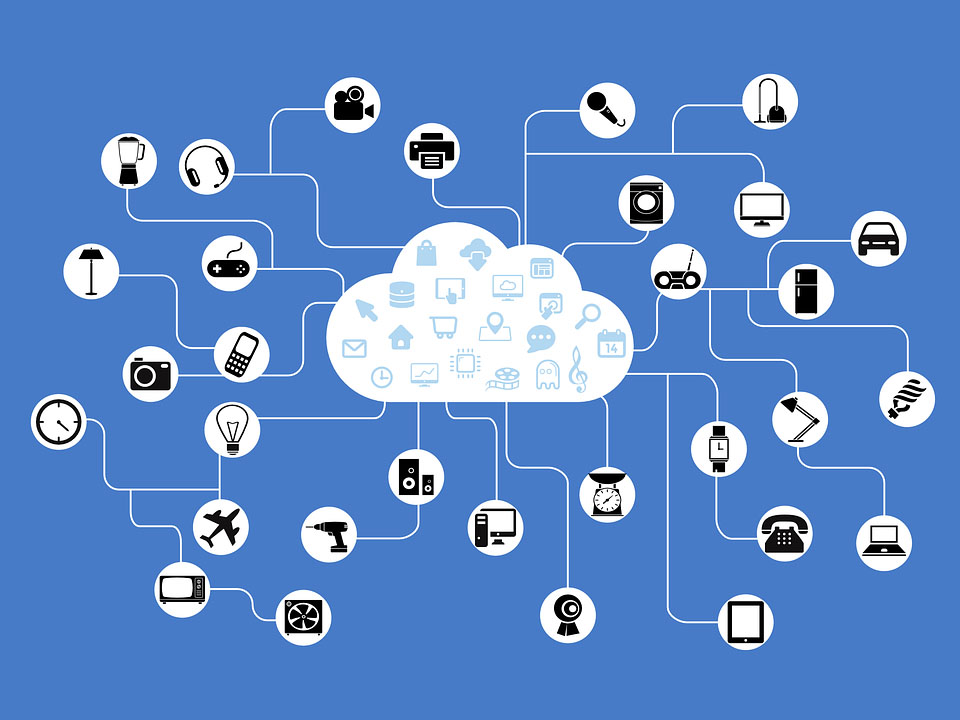Cademix Institute of Technology, Vienna, Austria | +43 650 967 7080 | info@cademix.org


Cademix Institute of Technology
Job seekers Portal for Career Acceleration, Continuing Education, European Job Market
People also visited:
When Fashion "Models" be replaced by AI and Robots?
LensCrafters Eye Exam: Comprehensive Care for Your Vision Needs
3D Rigging of Logos for Character Animation: Practical Steps
Agile Management in Marketing for Rapid Business Growth
Step-by-Step Guide to Programming an Intelligent Conveyor Belt Control System with TIA Portal
Acuvue for Astigmatism: Advantages and Disadvantages
Sustainable Interior Design with the help of ArchiCAD
Exploring Biofinity XR: Benefits, Features, and Considerations for Users
A Game Theory Model of Opportunism Behavior in Auctions
AI-Assisted SEO: Leveraging Artificial Intelligence for Optimal Search Engine Performance
The Psychology of Engagement: Why People Interact with Digital Content and How to Leverage It
The AI Ethics and Influence: Navigating the Moral Dilemmas of Automated Decision-Making
How to change jobs during a pandemic
Essential leadership skills to help you succeed in post covid world
The Synergy Between Art Deco Architecture and Modern Interior Design
Real-Time Communication Tools in Manufacturing Sector
How Chat-GPT Can Assist Students in Academic and Career Development
Oasys Contact Lenses: A Detailed Review of Their Advantages and Disadvantages
Repair a Concrete Floor
Optimizing SEO for Multilingual Websites: A Comprehensive Guide
Facade Integration of Photovoltaic Modules: Design and Efficiency
Academic Struggles with Social Media Impact: An Organizational Psychology Perspective
Finding the Best Vision Centers Near Me: A Critical Review
Intralogistics Solutions and Automation
People also visited:
Streamlining the Recruitment Process with Chat-GPT: A Guide for HR Professionals
From Sketch to Prototype: Transforming Your Ideas with TinkerCAD
Real-Time Communication Tools in Manufacturing Sector
UX Design and Leveraging Art Principles in Web Design
Real Estate Valuation: An Analysis of Key Terms, Types, and Approaches
Silicone Hydrogel Contact Lenses: Benefits, Features, and Considerations
Discreet Censorship Approach to Maintaining a Healthy Social Media Community
Exploring Locum Tenens Optometrist Opportunities: The Quick Guide
Prescription Contact Lenses: Choosing the Right Fit for Your Vision Needs
Indeed Optometrist: Finding Optometrist Jobs on Indeed
Prescription Safety Glasses: Ensuring Protection and Clear Vision
Difficulties of Voluntarily Rescuing Stray Dogs in Iran
Understanding Cademix's Author Privacy Policy : A Simple Explanation
Prescription Colored Contact Lenses: Combining Aesthetics with Vision Correction
Moody Lenses: Stylish and High-Quality Contact Lenses
How to Become an Optometrist: A Comprehensive Guide for Job Seekers
Challenges in 3D Medical Imaging Reconstruction: Factors and Considerations
Austria : Top destination for Pakistani graduates
Red Contact Lenses: Stylish Choices and Essential Safety Tips
Maximizing Productivity in Hybrid Work Environments
HR Agile Management - Agile Project Management in Human Resource
How Can We Enhance The Sensitivity of Antibody Biosensors?
Application History: A Career Acceleration Toolkit
Revolutionizing Manufacturing: The Future of Industrial Automation





